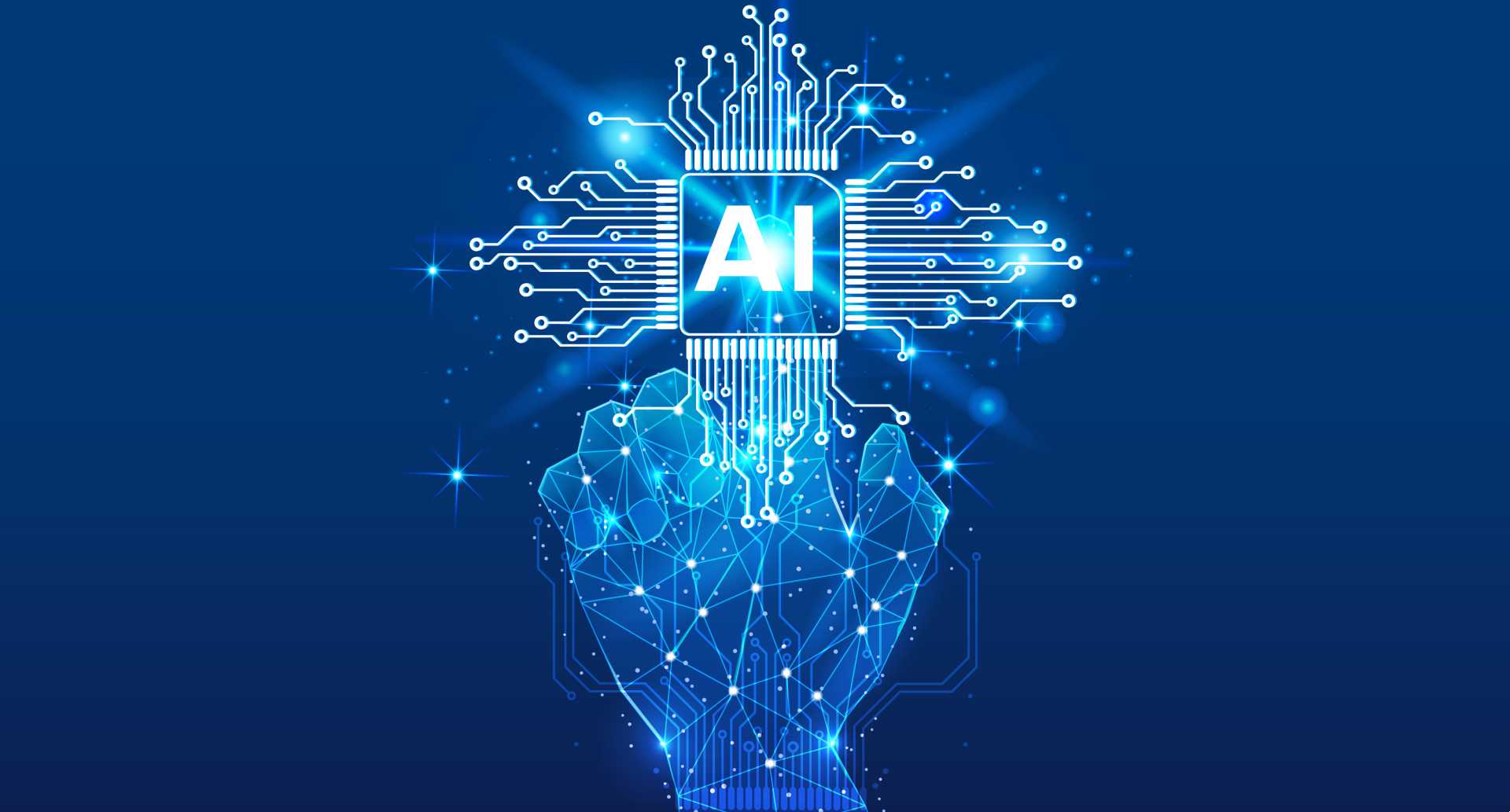In the 1970s, Alvin Toffler, a visionary of his time, stated: “The illiterate of the 21st century will not be those who cannot read and write, but those who cannot learn, unlearn, and relearn.” This insightful observation, made over half a century ago, resonates more than ever in today’s rapidly evolving digital landscape. Generative artificial intelligence (AI) stands at the forefront of this paradigm, epitomizing Toffler’s foresight by promoting a culture of perpetual learning and adaptability.
In fact, generative AI can be harnessed for lifelong learning, empowering minds and challenging biases in an endlessly transforming digital era. Here are five examples illustrating how this is already happening.
4 Ways AI Is Transforming Workplace Learning and Development
- Personalized learning experiences: Generative AI is revolutionizing training and professional development by enabling personalized learning paths that cater to individual learning preferences, paces and interests. This approach not only makes learning more engaging and effective, but also aligns it with individual career goals. As revealed in the Adecco Group’s “Global Workforce of the Future Report 2023,” while generative AI is set to replace many technical skills, there is a corresponding increase in the value of soft skills in the workplace. In the context of learning and development (L&D) and human resources (HR), this means employees are empowered to continuously develop skills that are increasingly relevant to their evolving roles, thereby enhancing their personal growth and organizational value.
- Adaptive corporate learning ecosystems: Generative AI is a catalyst for developing adaptive learning systems that evolve with user interaction and feedback, as highlighted in the research report, “How People Can Create – and Destroy – Value with Generative AI,” by BCG, in partnership with Harvard Business School, Wharton, MIT and others. These systems are adept at pinpointing learners’ challenges, dynamically tailoring content and difficulty levels. In corporate environments, such integration is vital for continuous professional development. The research underscores organizations’ need to create upskilling programs and talent initiatives, preparing employees for a AI-enhanced workplace by equipping them with current, relevant skills and knowledge.
- Predictive analytics in talent management: By assimilating current market trends, employee performance data and industry forecasts, generative AI equips L&D professionals to identify forthcoming skill requirements. This strategic approach, as highlighted in the article “Predictive Analytics Can Help Companies Manage Talent,” allows organizations to make evidence-based decisions. By analyzing past and present data, organizations can foresee future skill needs and identify attrition risks, leading to a surge in the adoption of predictive analytics by almost 50% in the last three years. Such foresight is crucial for proactive training and development, preparing the workforce for imminent challenges and technological progress.
- Bias mitigation through data analysis: Generative AI is crucial for identifying and rectifying outdated practices and biases within organizational structures. By analyzing large datasets, generative AI can reveal implicit biases in areas like hiring, management and workplace culture. Advanced techniques such as adversarial training, data augmentation, and re-sampling, as detailed in the article “Bias Mitigation in Generative AI”, are instrumental in this process. These methods help generative models ensure the representation of diverse perspectives and give more attention to underrepresented groups. This approach not only assists organizations in discarding discriminatory practices but also in adopting more inclusive and equitable strategies, thereby nurturing a diverse, dynamic and innovative workforce.
- Enhancing inclusion and diversity in the workplace: By eliminating human biases, AI-driven systems can foster fairer recruitment and promotion processes. Additionally, generative AI’s capabilities can be harnessed to develop training programs that cultivate understanding and respect for diversity, contributing to a more inclusive and harmonious work environment. Findings from the Pew Research Center support this approach in the report, “Diversity, Equity and Inclusion in the Workplace,” which revealed that 56% of workers see a diversity, equity and inclusion (DEI) focus as beneficial, and over 60% report their companies to have fairness policies in hiring and promotions, indicating an increasing awareness of DEI’s importance in organizational strategies.
Reflecting on the transformative impact of generative AI, one can imagine what Alvin Toffler would say if he witnessed its rise now. Perhaps he would regard generative AI as the quintessential “future shock” of his time, a technology that not only reshapes how we work, learn and interact, but also fundamentally alters our approach to knowledge and skills acquisition.
Toffler, who foresaw the rapid changes and the need for adaptability in the future, might view generative AI as the embodiment of his predictions — a tool that propels us into a future where continuous learning, unlearning, and relearning are part of a new age of development that is as revolutionary as it is inevitable.









